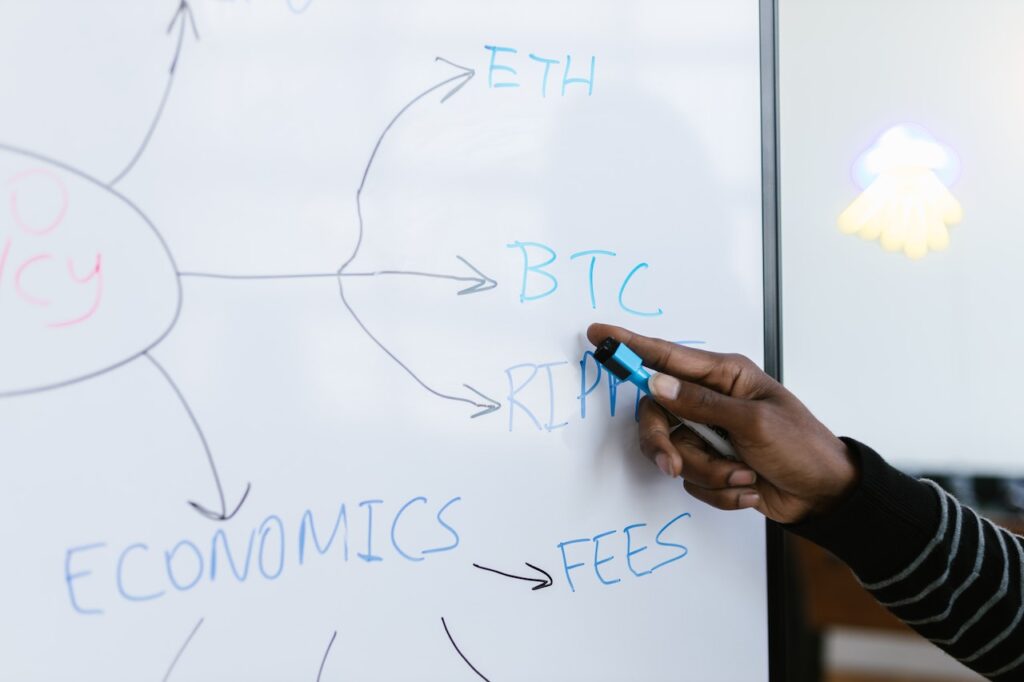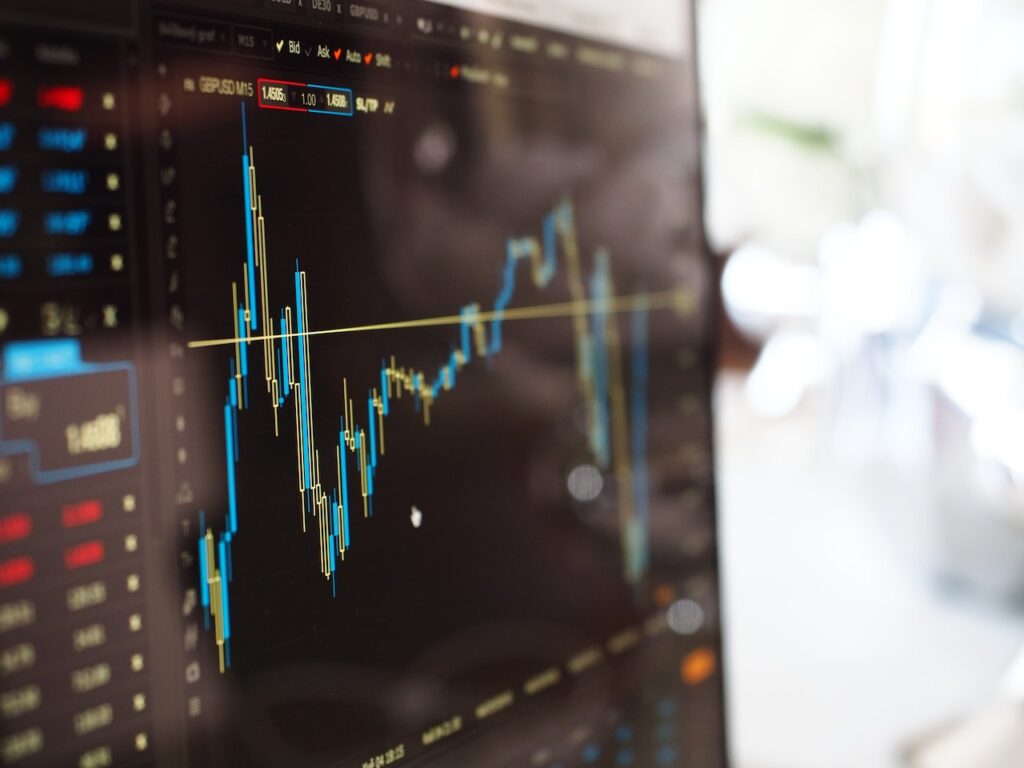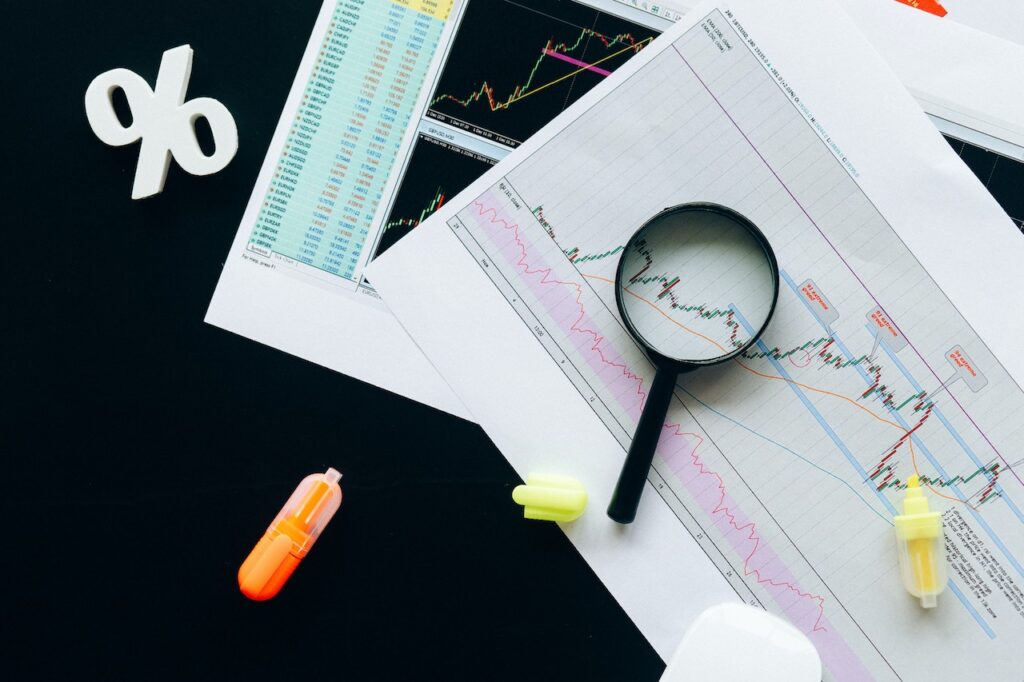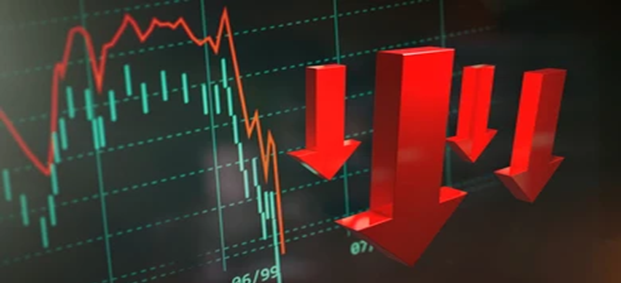
A forex trader is a professional who makes money by buying and selling currencies on the foreign exchange market. This type of business involves a number of different business mechanisms. Ultimately, a successful trader must have a trading strategy to maximize profits. There are several advantages to becoming a forex trader.
Benefits of becoming a forex trader
If you’re looking for a profitable, flexible career that will allow you to work from home, you may want to consider becoming a forex trader. You can start small and work your way up to being an expert trader. You can also do side jobs to supplement your income. Unlike many other jobs, you can decide the pace of your career progression and set your own hours. Forex trading will give you total control over your income and career progress.
In many instances, you may find yourself spending 80 percent of your day on the phone, talking to clients and analyzing market trends. A strong analytical mind is essential, and a background in science or technical analysis is a big advantage. You’ll also want to have a strong accounting background, which makes it easier to keep track of your positions and profits and losses.
Forex trading is open around the clock, so you can work when it’s convenient for you. The trading day can be as long or as short as you like. The world forex market is open five days a week, so you can be active or passive as needed.
Trading currencies on the foreign exchange market
A Forex trader is someone who makes purchases and sales of currencies on the foreign exchange market. The foreign exchange market is a global market that consists of many national currencies. The value of these currencies varies widely depending on the macroeconomic situation. The foreign exchange market is also prone to volatility and leverage. Traders should be aware of the risks involved before entering this market.
A forex trader is someone who trades currencies using multiple trading platforms. A typical forex trade involves two currencies: the base currency and the counter currency. The EUR is the base currency and the USD is the counter currency. The price of the currency is quoted in US dollars. It is the price at which the trader is willing to sell the currency for the other currency. The difference between the sell and buy prices is called the spread.
The foreign exchange market operates on a 24-hour basis. There are four major trading centers. Most of these centers are located in different time zones. This allows for trading around the clock. The main advantage of this type of trading is that traders don’t need to have delivery of the currency, but simply make predictions about future price movements. However, it’s not the only way to trade forex. The most popular way to trade forex is by trading derivatives. For example, IG offers a rolling spot forex contract.
Setting objectives
Setting objectives as a forex trader is a critical part of your trading process. It creates structure for your trading and helps you to track your progress. You’ll also be more motivated to learn and increase your knowledge if you have measurable goals. Setting objectives will help you become a more disciplined trader.
It’s important to set objectives that will make you feel good about yourself. Forex trading can be tough, so if you don’t enjoy the journey, you’re likely to give up before reaching your goal. But setting your objectives too low will also prevent you from feeling gratification once you reach them. Similarly, if you set too high goals, you will lose hope and may end up feeling inadequate. Ultimately, you want to set goals that you can accomplish with patience and hard work.
When setting objectives as a forex trader, consider how much time you’re willing to spend trading. You’ll also want to decide how much capital you’re willing to risk. You’ll also want to consider whether you’re confident enough to deal with drawdowns. You can even set your goals based on your personal goals, such as financial freedom.
Monitoring the market
Monitoring the market as a forex trader involves keeping track of economic data coming out of countries that affect currencies. This information can provide valuable insight into changes in currency values, and it is particularly useful to monitor interest rates in countries that make up the Eurozone. It is also helpful to monitor significant news releases in each of the Eurozone nations.








Facebook Comments